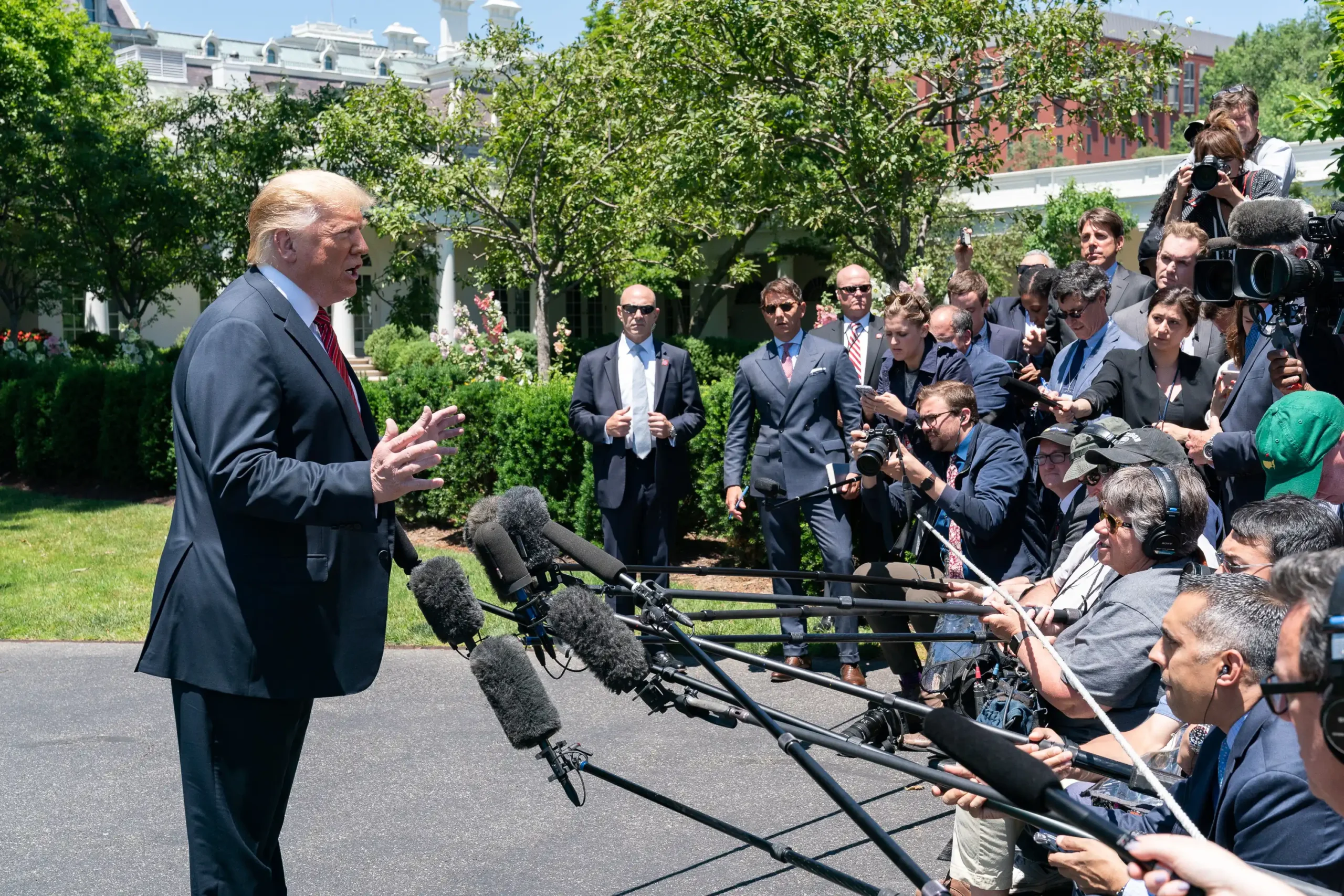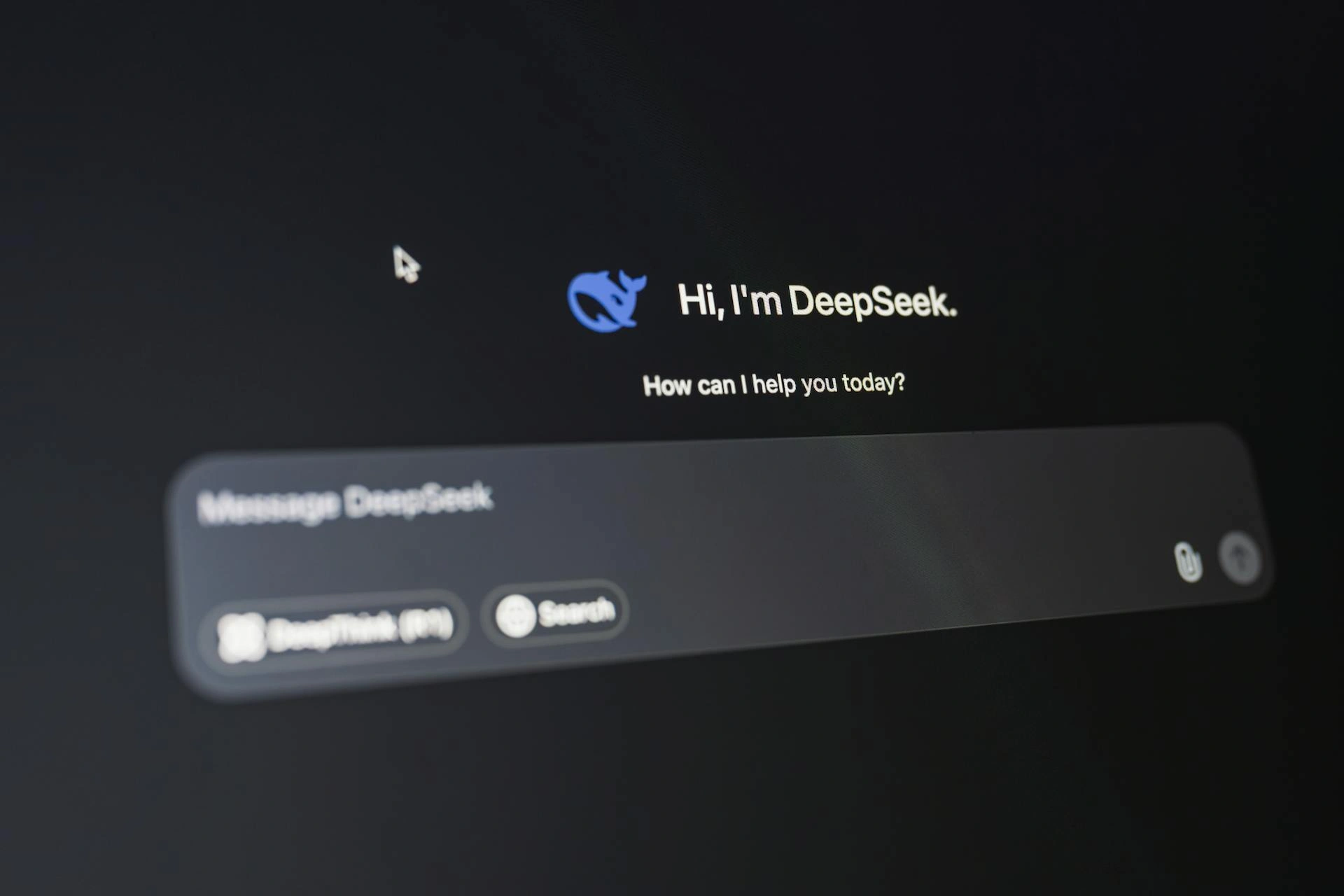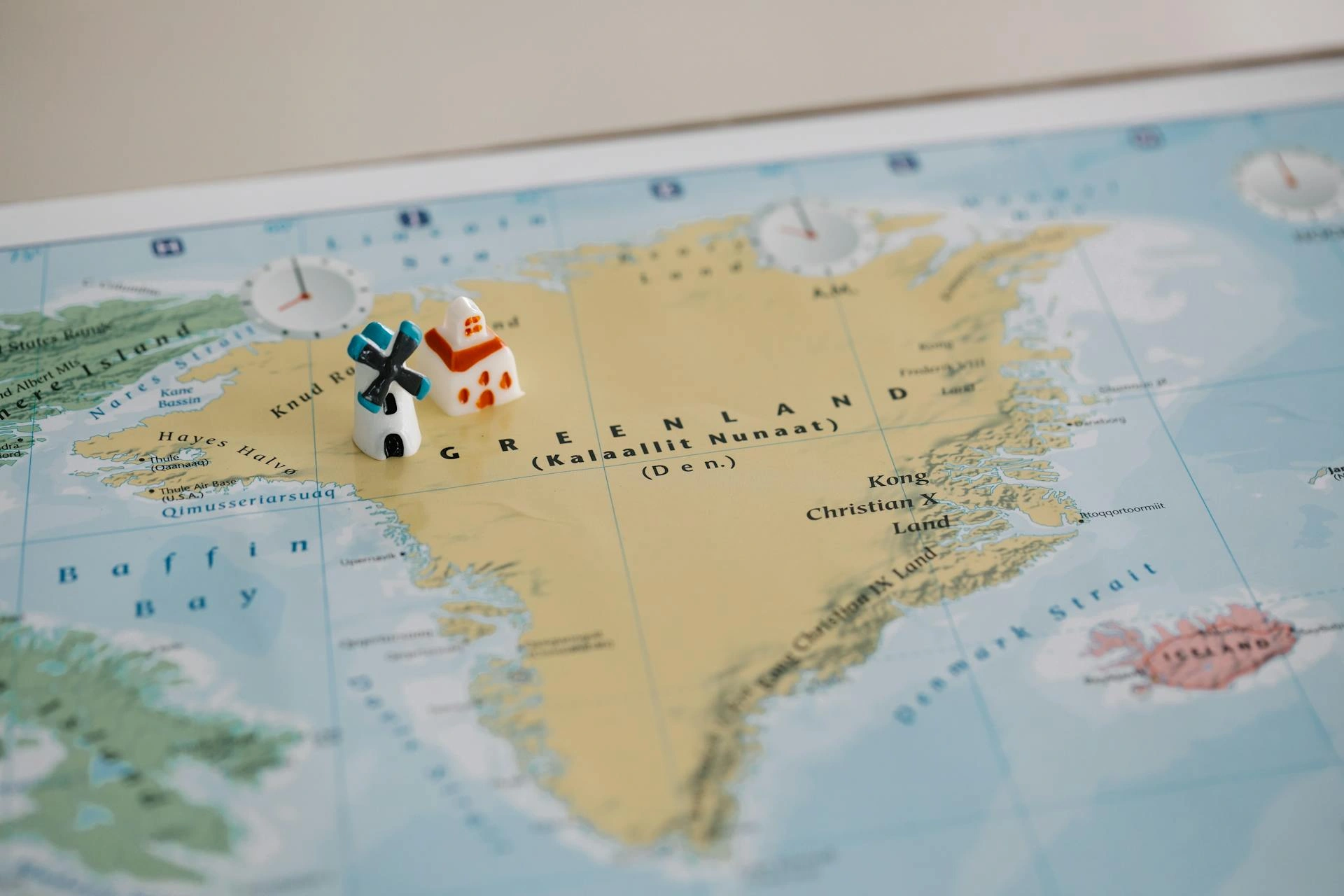Trump and painkillers: The attack on science is an attack on democracy

Eric Heinze
- Published
- Opinion & Analysis
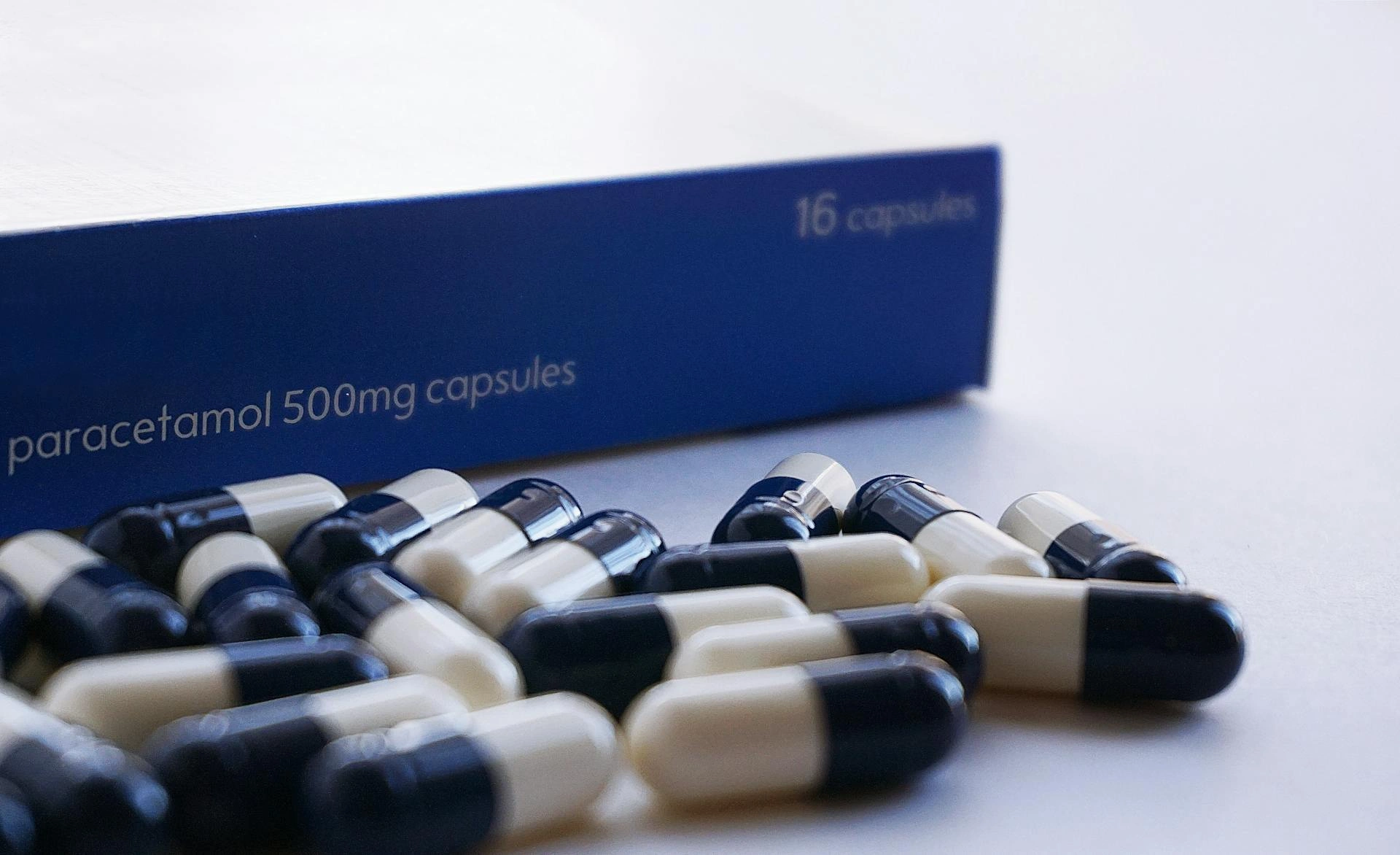
Donald Trump’s baseless claim that paracetamol use in pregnancy can cause autism is part of a broader pattern of undermining science to weaken democracy itself, argues Professor Eric Heinze of Queen Mary University of London
Trump’s torrents of disinformation have become so routine that we might be forgiven for tuning them out. Yet even by his own standards of creative fact-finding, he again stunned the world, this time with a foray into tocology, by announcing that pregnant women should avoid paracetamol (known in the U.S under the brand name Tylenol) to prevent autism in newborns.
The retorts poured in predictably and instantaneously. The American College of Obstetricians and Gynecologists reaffirmed that the analgesic remains a drug of choice during pregnancy when used, like any medication, according to the standard guidelines. Britain’s National Health Service agreed, advising women that paracetamol, when taken as prescribed, ‘does not harm your baby’. The World Health Organization and the European Medicines Agency, too, swiftly added their own voices to this regrettably necessary effort at mass debunking.
Given the baselessness of Trump’s claims, it did not take long for observers to sniff out political rather than medical rationales driving this proclamation. Autism advocates spotted Trump’s bully tactics of singling out society’s most vulnerable for stigmatisation, once again making himself big by making others small. Feminists situated Trump’s speech as part of reactionaries’ age-old practices of controlling women’s bodies and blaming mothers for their children’s physical, psychological and social dysfunctions. Meanwhile, medical researchers lamented yet another attack on evidence-based knowledge.
Raw politics
Yet we cannot lose sight of the raw politics at play. Trumpism aims not just to polarise but to de-democratise, the one being a tool for the other. Even a seemingly apolitical manoeuvre such as this pronouncement about painkillers serves that purpose. The autocrat consolidates power by demonising the all-pervasive ‘Establishment’ operated by dark forces against the good of the people, and then setting himself up as the Saviour needed to rescue them, and the entire nation, from the resulting turmoil. He attacks The Establishment not only as a rival power but as a rival authority, and scientific knowledge counts among the greatest sources of independent authority, always menacing to place his own standing in jeopardy.
Vladimir Putin, today Trump’s foe but yesterday his mentor, mastered these machinations long ago. Sometimes independent authorities are to be frontally smeared, yet for the wide public that strategy can become monotonous. It must therefore be balanced by another tactic, which is, quite simply, to spread doubt and uncertainty. In other words, sometimes the autocrat tells people what to think, but then other times he makes sure that they don’t know what to think. The morass of confusion causes them to experience precisely the unease for which the autocrat can then blame The Establishment for its ignorance and bungling, whilst he then hails himself as the voice of reason and competence.
These manipulations certainly beef up the base, who need to be periodically rewarded, but they also perpetuate broader unease. The autocrat does not so much need to sound perpetually right as to sound perpetually plausible, to shift the mainstream of politics by normalising what, on any objective measure, are patently absurd ideas. The more outlandish the idea, the more it disrupts The Establishment’s consensus. If you are still searching for reasons for his choice of Robert F. Kennedy, Jr., to head up the Department of Health and Human Services – not to mention appointments in other key cabinet positions – then look no further.
Climate change and Covid offer some conspicuous parallels. I admit here that educated elites too have often overstepped the bounds by censoring even well-intentioned sceptics. Still, no one seriously believes that Trump had any expertise in these areas. Rather, the problem for him was that scientific consensus stood as an independent source of authority. For the autocrat, any autonomous network of influence poses a threat as a potentially superior voice that must be silenced.
Trump in illustrious company
The most vivid way to appreciate how this destruction of rival authority works is by recalling its mirror-image opposite, displayed by many of history’s illustrious dictators. Joseph Stalin ensured that Soviet propaganda constantly portrayed him as the country’s omniscient and omnipresent expert-in-everything, from biology to economics to engineering. During World War II, the official media exhibited him as the strategist supreme, excelling even his own generals, who in turn all hungered to draw inspiration from Stalin’s higher wisdom. He was officially lauded for pioneering even in a science like linguistics, despite lacking any training in that field.
The Italian dictator Benito Mussolini too was packaged as an intellectual giant, writing philosophy by day and ordering battles by night, all the while editing newspapers and giving public lectures. Romania’s Nicolae Ceaușescu, despite his rather humble educational background, ‘earned’ more than twenty university degrees and was regularly presented on television ‘correcting’ researchers at scientific institutions. His wife Elena’s ‘achievements’ in Chemistry became legendary, albeit more among underground satirists than among the world’s scientists. Iraqi media praised Saddam Hussein’s ‘insights’ into architecture, law, and even literature, one day guiding architects and urban planners then the next day publishing ghostwritten fiction. His ‘bestselling’ novel Zabibah and the King became mandatory reading for civil servants.
State media praised Kim Jong-il, father of the current dictator, for everything from writing operas to inventing fertilizers and even directing cinematic masterpieces. In fact, a bit closer to Trump’s more attested skills, the North Korean press once lauded Kim for scoring eleven holes-in-one the very first time he played golf. Woe betide anyone who would openly doubt this miracle-worker fable.
No, Trump does not yet dare go quite that far in a country like the U.S, although he has certainly claimed to win championships in which it is unclear whether he was even present, and to have boasted of golf scores stronger than the available records indicate. Yet Trump’s gambit is to constantly move the headlines into new terrain, voicing ever new outrages just in time for the old ones to fade from the public eye. Some dogged critic who might insist on casting doubt on these tales of golfing glory would swiftly be slapped down as a pedlar of fake news – and that is the point which brings us back to Trump’s larger political game. Of course, he can dodge his claims about golf, but allegations about stolen elections need to be managed more astutely, meaning that accusations of fake news need to be kept constant and ubiquitous.
Similarly, in his musings about obstetric health, Trump has not gone so far as to accuse the scientific Establishment of junk science, but then nor does he really have to take that step when he is playing to his political base, who have long wallowed in conspiracy theories and will embrace the anti-science with open arms. After all, recall the Capitol Hill riots of January 6, 2021. We may at first believe that Trump swiftly moved on. Indeed, we may believe that statements about painkillers have nothing to do with the dismantling of democratic institutions.
But think again. If there is one element of genuine coherence in the chaos of Trumpism, it is that these exploits all form part and parcel of the same politics. Trump’s dismantling of science is a dismantling of rival authority, and his dismantling of rival authority fuels his dismantling of democracy.
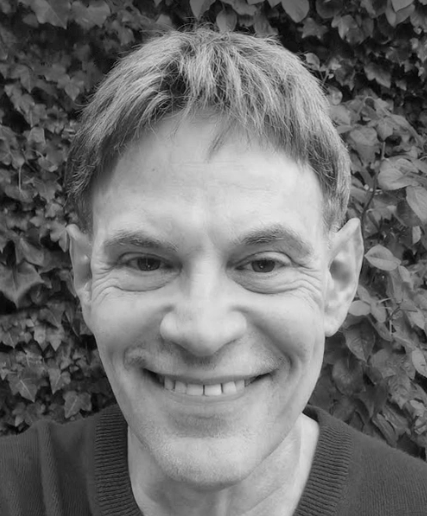
Eric Heinze is Professor of Law and Humanities at Queen Mary University of London. He writes widely on legal philosophy, free speech, justice theory and human rights, and is the author of several books including The Most Human Right: Why Free Speech is Everything and Coming Clean: The Rise of Critical Theory and the Future of the Left.
READ MORE: ‘Project 2025: America’s gravest constitutional stress test since the Civil War‘. As America approaches its 250th birthday, a new political blueprint—Project 2025—sets out a radical plan to centralise presidential power, dismantle constitutional checks, and redefine the nation’s civic life. it marks the most serious challenge to the republic’s foundations since the Civil War, warns the U.S political analyst, Mike Bedenbaugh
Do you have news to share or expertise to contribute? The European welcomes insights from business leaders and sector specialists. Get in touch with our editorial team to find out more.
Main image: Suzy Hazelwood/Pexels
RECENT ARTICLES
-
 Why Europe’s finance apps must start borrowing from each other’s playbooks
Why Europe’s finance apps must start borrowing from each other’s playbooks -
 Why universities must set clear rules for AI use before trust in academia erodes
Why universities must set clear rules for AI use before trust in academia erodes -
 The lucky leader: six lessons on why fortune favours some and fails others
The lucky leader: six lessons on why fortune favours some and fails others -
 Reckon AI has cracked thinking? Think again
Reckon AI has cracked thinking? Think again -
 The new 10 year National Cancer Plan: fewer measures, more heart?
The new 10 year National Cancer Plan: fewer measures, more heart? -
 The Reese Witherspoon effect: how celebrity book clubs are rewriting the rules of publishing
The Reese Witherspoon effect: how celebrity book clubs are rewriting the rules of publishing -
 The legality of tax planning in an age of moral outrage
The legality of tax planning in an age of moral outrage -
 The limits of good intentions in public policy
The limits of good intentions in public policy -
 Are favouritism and fear holding back Germany’s rearmament?
Are favouritism and fear holding back Germany’s rearmament? -
 What bestseller lists really tell us — and why they shouldn’t be the only measure of a book’s worth
What bestseller lists really tell us — and why they shouldn’t be the only measure of a book’s worth -
 Why mere survival is no longer enough for children with brain tumours
Why mere survival is no longer enough for children with brain tumours -
 What Germany’s Energiewende teaches Europe about power, risk and reality
What Germany’s Energiewende teaches Europe about power, risk and reality -
 What the Monroe Doctrine actually said — and why Trump is invoking it now
What the Monroe Doctrine actually said — and why Trump is invoking it now -
 Love with responsibility: rethinking supply chains this Valentine’s Day
Love with responsibility: rethinking supply chains this Valentine’s Day -
 Why the India–EU trade deal matters far beyond diplomacy
Why the India–EU trade deal matters far beyond diplomacy -
 Why the countryside is far safer than we think - and why apex predators belong in it
Why the countryside is far safer than we think - and why apex predators belong in it -
 What if he falls?
What if he falls? -
 Trump reminds Davos that talk still runs the world
Trump reminds Davos that talk still runs the world -
 Will Trump’s Davos speech still destroy NATO?
Will Trump’s Davos speech still destroy NATO? -
 Philosophers cautioned against formalising human intuition. AI is trying to do exactly that
Philosophers cautioned against formalising human intuition. AI is trying to do exactly that -
 Life’s lottery and the economics of poverty
Life’s lottery and the economics of poverty -
 On a wing and a prayer: the reality of medical repatriation
On a wing and a prayer: the reality of medical repatriation -
 Ai&E: the chatbot ‘GP’ has arrived — and it operates outside the law
Ai&E: the chatbot ‘GP’ has arrived — and it operates outside the law -
 Keir Starmer, Wes Streeting and the Government’s silence: disabled people are still waiting
Keir Starmer, Wes Streeting and the Government’s silence: disabled people are still waiting -
 The fight for Greenland begins…again
The fight for Greenland begins…again


















